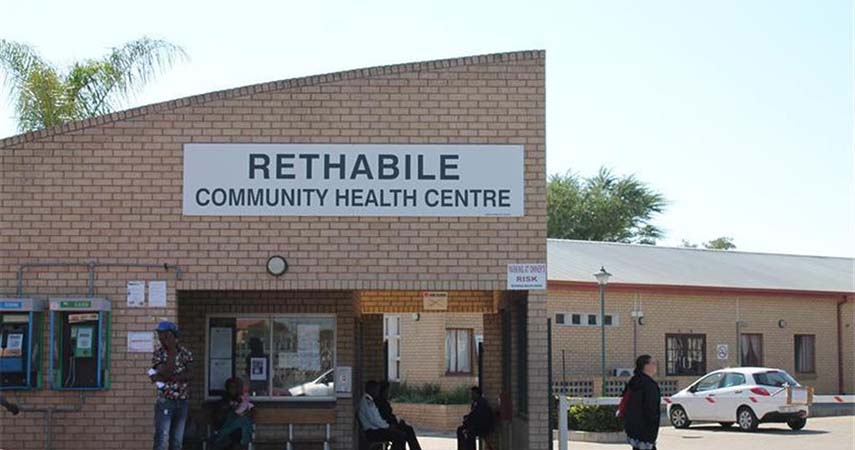A pilot initiative implemented by Microsoft partner Mint Group and the Limpopo Department of Health (DoH) at the Rethabile Clinic in Polokwane has proved the viability of intelligent healthcare at government clinics through the application of artificial intelligence (AI).
With plans to transform 400 of Limpopo’s clinics into intelligent healthcare facilities, the DoH will address some of the challenges plaguing Limpopo citizens who are reliant on the public healthcare system.
The Rethabile pilot, which started in May 2018 and concluded in May 2019, comprised the use of predictive analytics, operational intelligence and remote monitoring to manage 25 000 patients a month, enabling access control and queue management, intelligent appointment scheduling, medication dispensing, and inventory control.
The technologies also enabled attendance and performance tracking of healthcare staff to improve service delivery and avoid ghost staff, and provided in-depth data on patient loads, waiting times and queues. This data empowered the clinic to enhance staff allocation processes and digitise patient record keeping, with a holistic overview of patient care.
“The benefits realised at the Rethabile clinic were unlocked through the application of the Mint Vision App – a platform that extends organisations existing systems and processes with highly advanced computer vision as well as face-and-voice recognition functionality. The pilot has proved how intelligent technology, coupled with the right vision, can transform public healthcare facilities in South Africa,” says Mint Group head of Artificial Intelligence, Peter Reid.
Reflecting on the Limpopo DoH’s vision for transformative healthcare the Deputy Director-General of Health Care Services, Limpopo Department, Dr MY Dombo, says: “We are living in the 21st century, and public healthcare should be moving towards more efficient systems by embracing available technologies that can do just that.
“My vision is to have a clinic in the cloud with seamless and wireless processes across Limpopo. This entails automatic patient verification upon arrival via facial recognition, which will eliminate any uncertainty regarding patient identity. Clinic staff should also know which patients are coming before they arrive to ensure a seamless treatment process. Lastly, all patient data should be stored in the cloud with all administrative processes digitised.
“These initiatives will streamline patient care, ease the administrative burden of health workers, and enable better healthcare for all,” Dr Dombo says.
Mint Group CEO, Carel du Toit, says that the Rethabile pilot proved the viability of intelligent healthcare in South Africa’s public sector and established the Limpopo DOH as a revolutionary leader, paving the way for improved patient experiences and service delivery to the citizens of South Africa.

